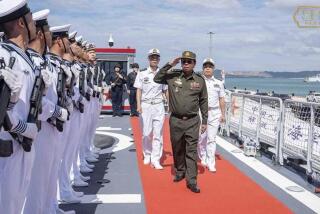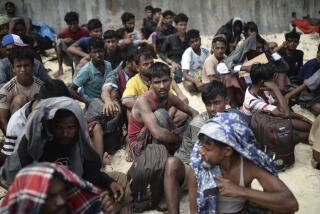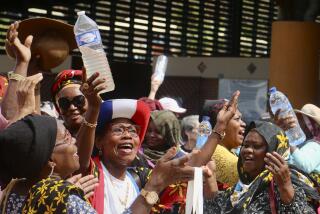A beautiful place for a crisis: How politics spoiled the Maldives’ tropical paradise
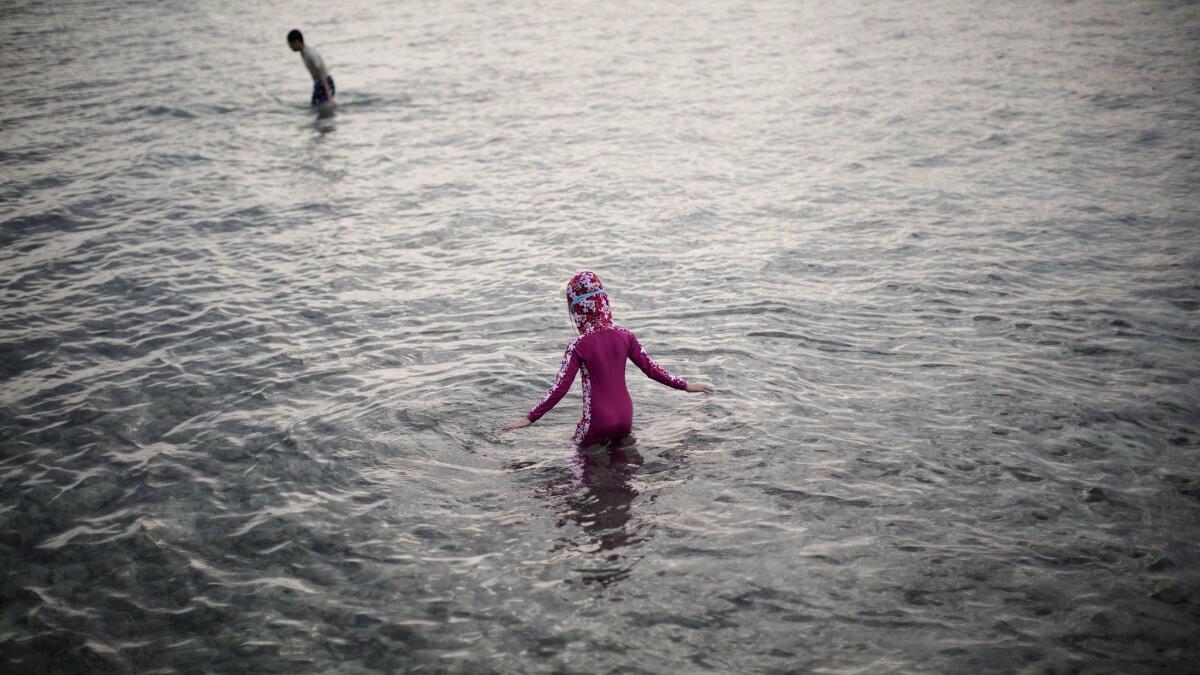
Its shimmering coral islands scattered like gold dust in the Indian Ocean, boasting $20,000-a-night villas perched on crystal-clear waters, the archipelago nation of the Maldives is seen more often in travel magazines for global one-percenters than in the news pages.
But the white-sand paradise finds itself in turmoil after President Abdulla Yameen this week refused to comply with a Supreme Court order to release political prisoners and declared a state of emergency that has drawn international condemnation.
On Monday night, security forces raided the Supreme Court building and arrested the chief justice and another judge. Then, on Tuesday, the court’s remaining three judges annulled the earlier ruling on the prisoner release.
The constitutional crisis marked the most dramatic turn in Yameen’s messy five years in power, which have included claims that his government stole millions in tourism revenue, an explosion aboard the presidential speedboat, his predecessor being forced into exile and the imprisonment of nearly every politician who could challenge him in elections due this year.
Here’s more on South Asia’s newest — and most picturesque — trouble spot:
What is the Maldives?
If you’re unfamiliar with the Maldives, it might be because you can’t afford to go there.
It’s a chain of approximately 1,200 tiny coral islands lying due south of India that are formed by tips of a vast underwater mountain range. Most of the islands are uninhabited, and together they comprise just 115 square miles of land area, the rough equivalent of Fresno.
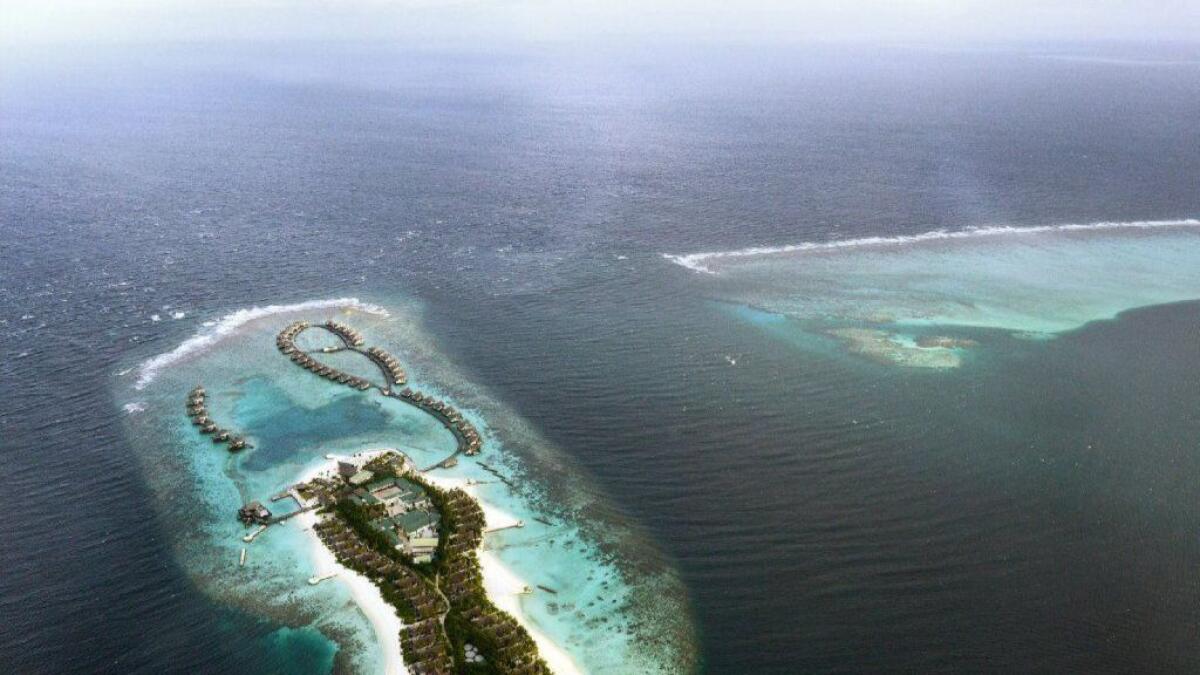
Islam is the official religion, and the population of less than half a million lives in stark contrast to the holiday makers who swim, sunbathe and sip cocktails in private pools.
Tourism revenue from the luxurious resorts built on dozens of once deserted islands — many with overwater bungalows where guests can dive from their rooms right into the ocean — has, nevertheless, given Maldivians the highest standard of living in the region. The gross domestic product per capita is more than $10,000, nearly on par with Turkey.
What is the political crisis about?
Behind the unspoiled beauty is a political system struggling to emerge from decades of strongman rule.
Yameen is the half-brother of Maumoon Abdul Gayoom, who ruled the Maldives with an iron fist for 30 years until losing a 2008 election. Since coming to power, Yameen has rolled back nascent democratic reforms, systematically sidelined political opponents, stifled protests and closed independent media outlets with the help of an often pliant parliament and judiciary.
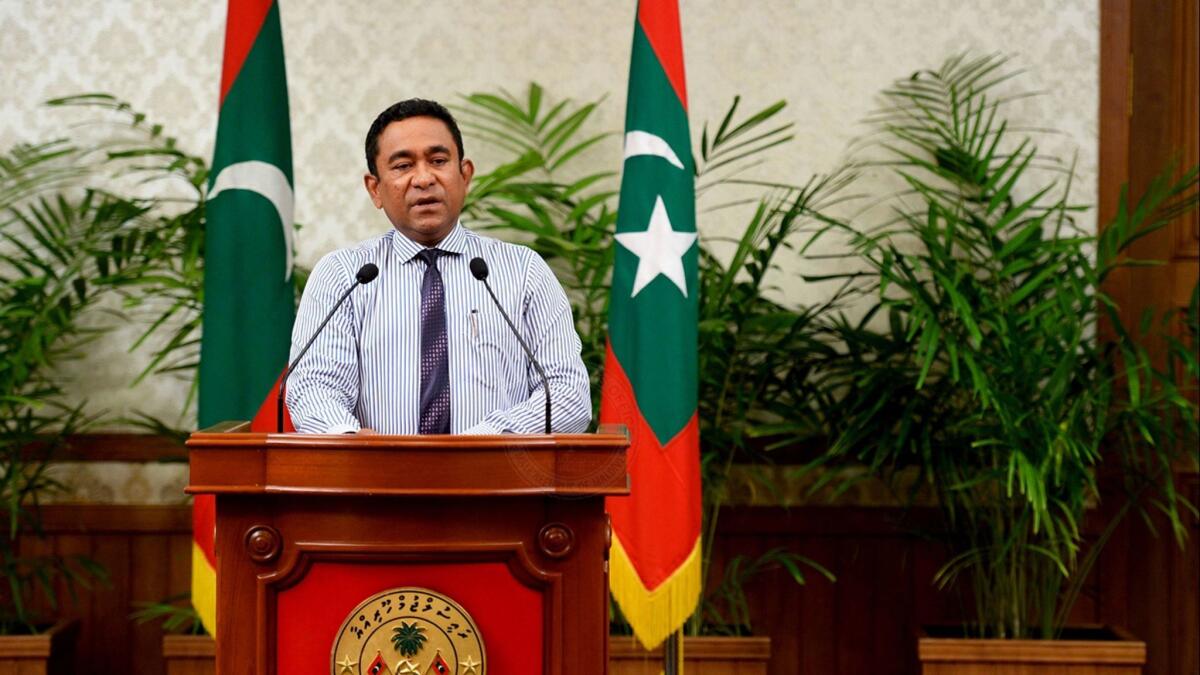
His predecessor, former President Mohamed Nasheed, was convicted in 2015 of terrorism charges after opponents said he misused military power to secure the arrest of a prominent judge. Nasheed’s trial was criticized by international human rights groups as politically motivated.
Nasheed, who was allowed to leave the Maldives on medical grounds and later granted asylum in Britain, called Tuesday for India to send in troops to free political prisoners and for the U.S. to impose economic sanctions on Yameen’s government.
“President Yameen has illegally declared martial law and overrun the state,” Nasheed said in a statement. “We must remove him from power.”
Nasheed is one of nine politicians whose convictions were overturned Oct. 1 by a unanimous ruling of the country’s five-judge Supreme Court. It was a surprising reversal after the court had been instrumental in some of Yameen’s major power plays.
Last year, when Yameen’s slender majority in the 85-seat parliament was threatened after 12 lawmakers resigned from his party, the court ruled that the defectors must be stripped of their seats.
The court’s ruling last week reinstated the lawmakers, raising the possibility that the parliament could start impeachment proceedings against Yameen. But two were arrested over the weekend, and security forces have sealed off the parliament building.
Why did allies turn on Yameen?
The president has been as ruthless with friends as with enemies.
Former Vice President Ahmed Adeeb was once his right-hand man. At 33, Adeeb was too young to hold the position under the Maldives’ constitution, which had an age requirement of at least 35, so Yameen had the law changed to accommodate him.
On Sept. 28, 2015, an explosion occurred on Yameen’s presidential speedboat as he returned from the airport, slightly wounding his wife and two aides. Although initial reports suggested the blast could have been an engine failure, the government asserted it was an assassination attempt and asked international law enforcement agencies, including the FBI, to study the cause of the blast.
The FBI found “no conclusive evidence” of a bomb. But Yameen’s government rejected that finding and pointed the finger at Adeeb. In 2016, Adeeb was convicted of planting a bomb on the speedboat and sentenced to 15 years in prison.
In 2016, an Al Jazeera investigation reported that Yameen and Adeeb had conspired to loot $79 million in tourism funds from the national treasury, some of it delivered in giant bags to Yameen’s private residence. Adeeb was convicted of embezzlement and had his prison term extended. Yameen escaped punishment, although he acknowledged last year that the money he received was “not halal,” or permissible.
Why is the Maldives strategically important?
Analysts see the island nation as part of a broader battle for influence in the Indian Ocean between India and China, which has systematically been increasing its foothold in countries like Sri Lanka, Bangladesh and Bhutan. China has flooded the Maldives with infrastructure loans and now owns the vast majority of the country’s debt.
Yameen pushed through changes in a tourism law that allowed the government to sell entire islands without bids. Several islands were granted to China for development of a free-trade zone, and Saudi Arabia reportedly sought to create a multibillion-dollar project on one atoll that critics said would damage the environment and increase the influence of conservative Islam on the mainly moderate Sunni archipelago.
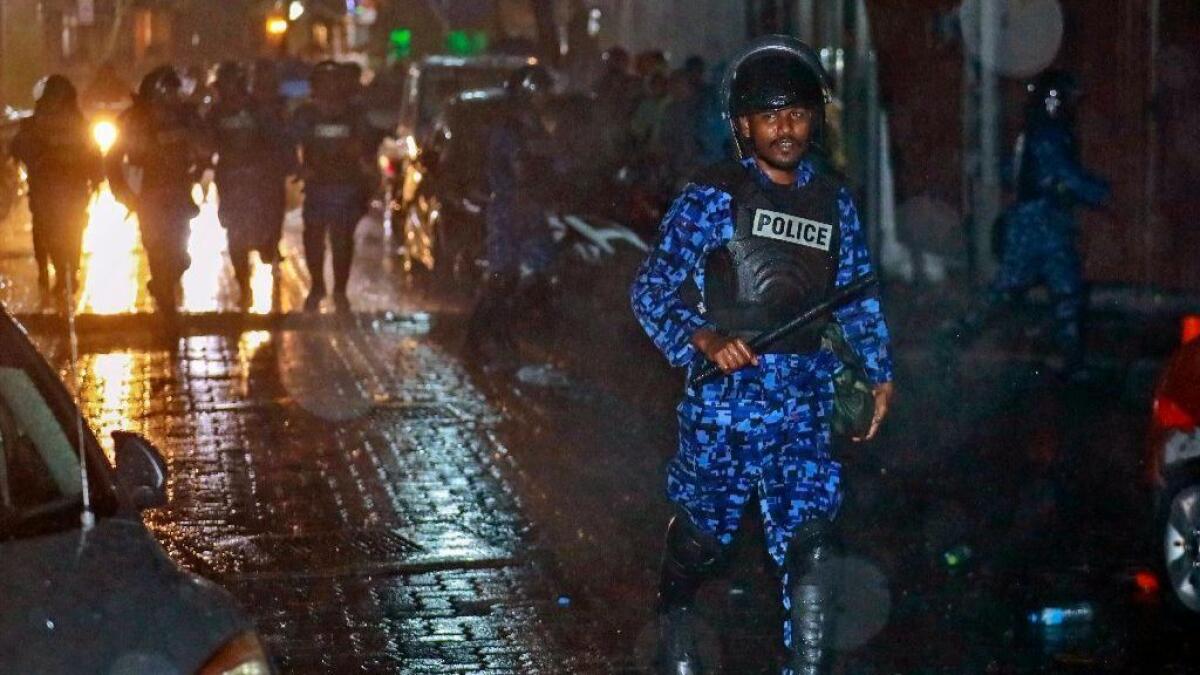
In recent years, dozens of Maldivians have left the country to join radical groups like Islamic State. Yameen’s opponents say his government has been too focused on consolidating power to deal with the threat of radicalization.
What will happen next?
Speaking on state TV on Tuesday, Yameen described the initial court ruling as an attempted coup.
“This state of emergency is the only way I can determine how deep this plot, this coup, goes,” he said, according to the Associated Press.
As Yameen’s party held an upbeat rally Tuesday evening, anti-riot police broke up a gathering of opposition demonstrators, the Maldives Independent newspaper reported.
The U.S. State Department has denounced Yameen and called on his government to “restore constitutionally guaranteed rights of the people and institutions of the Maldives.”
China, the No. 1 source of tourists to the islands, told its citizens to postpone their trips but did not criticize the government.
With the court ruling nullified, Yameen appeared to have won some breathing room.
“He has the military behind him… and his party’s support also looks quite solid,” said Abbas Faiz, an independent analyst who follows the Maldives. “He also has a trump card in the form of the gangs he has maintained, a nasty feared force armed with knives and sticks.
“The chances of him losing are quite slim at the moment unless China changes course, which is unlikely.”
Shashank Bengali is South Asia correspondent for The Times. Follow him on Twitter at @SBengali
More to Read
Start your day right
Sign up for Essential California for news, features and recommendations from the L.A. Times and beyond in your inbox six days a week.
You may occasionally receive promotional content from the Los Angeles Times.
